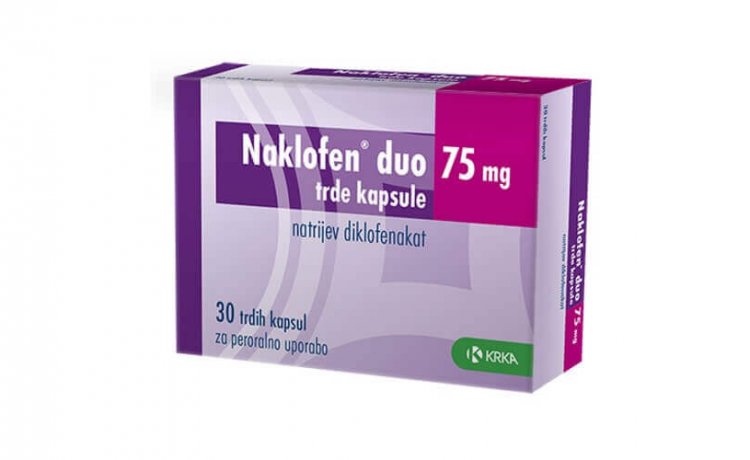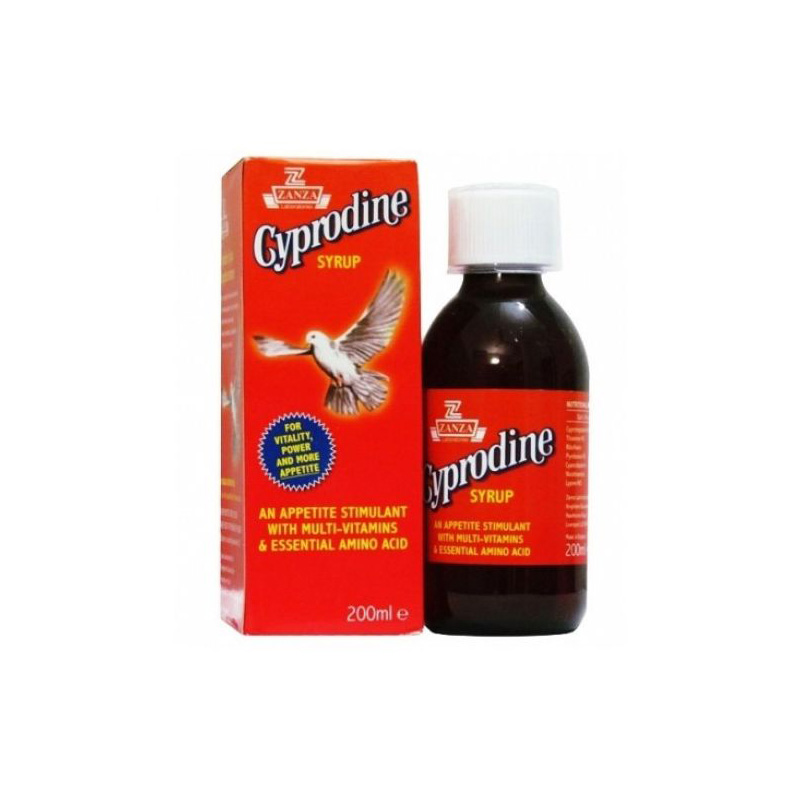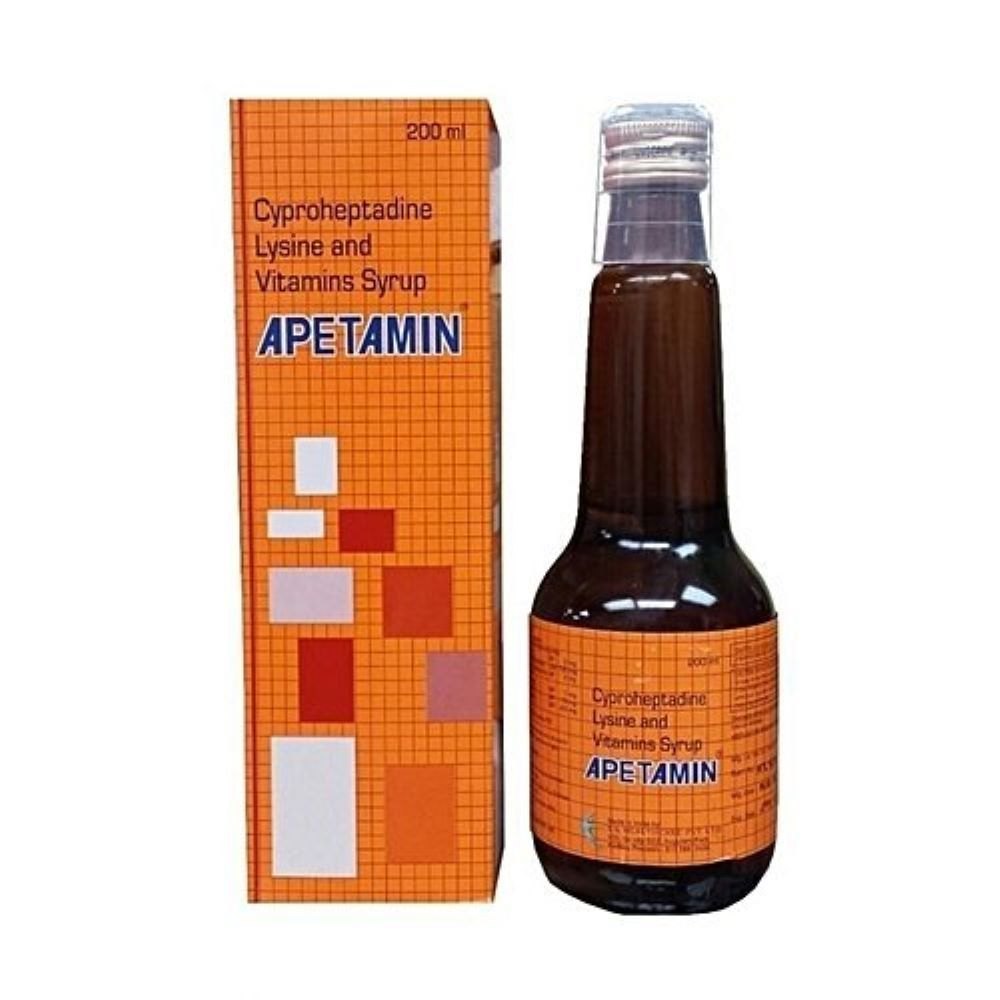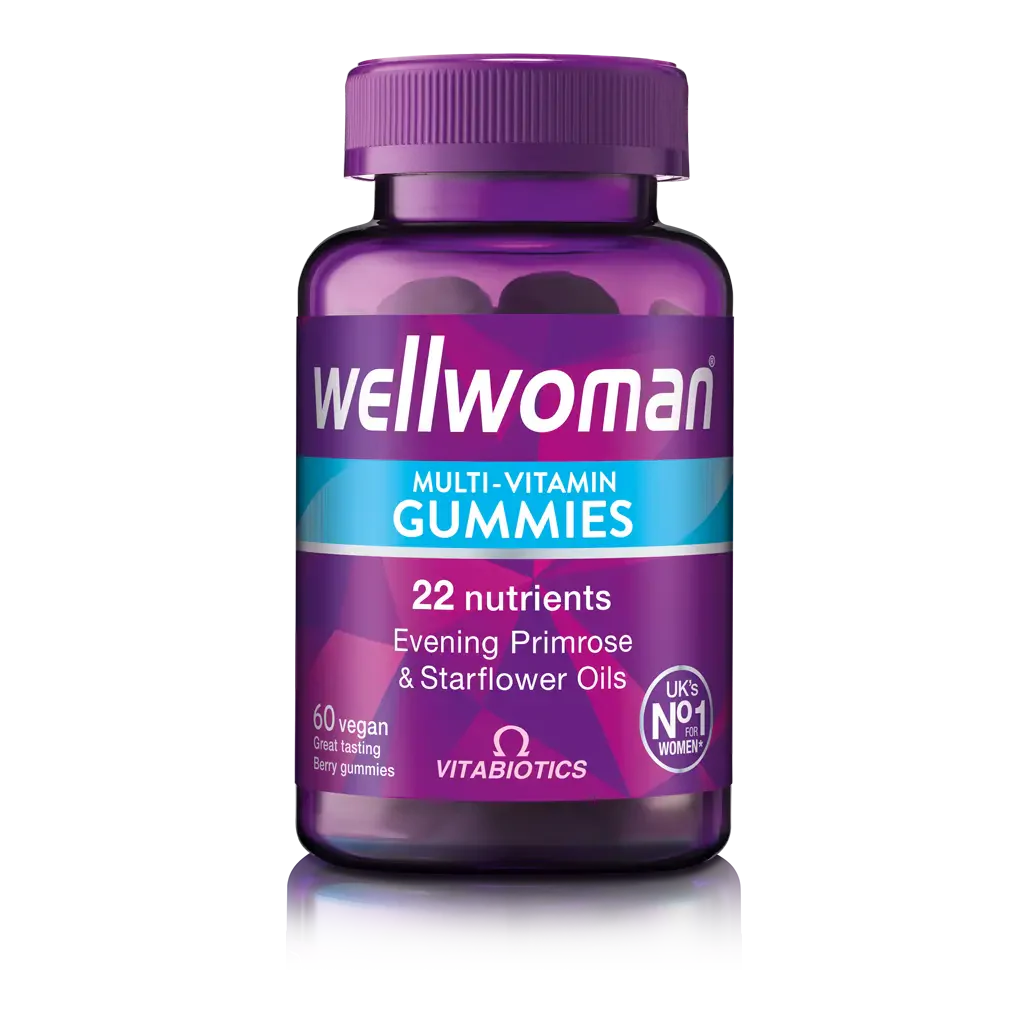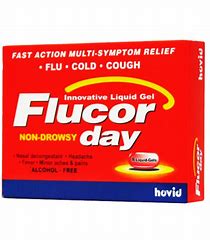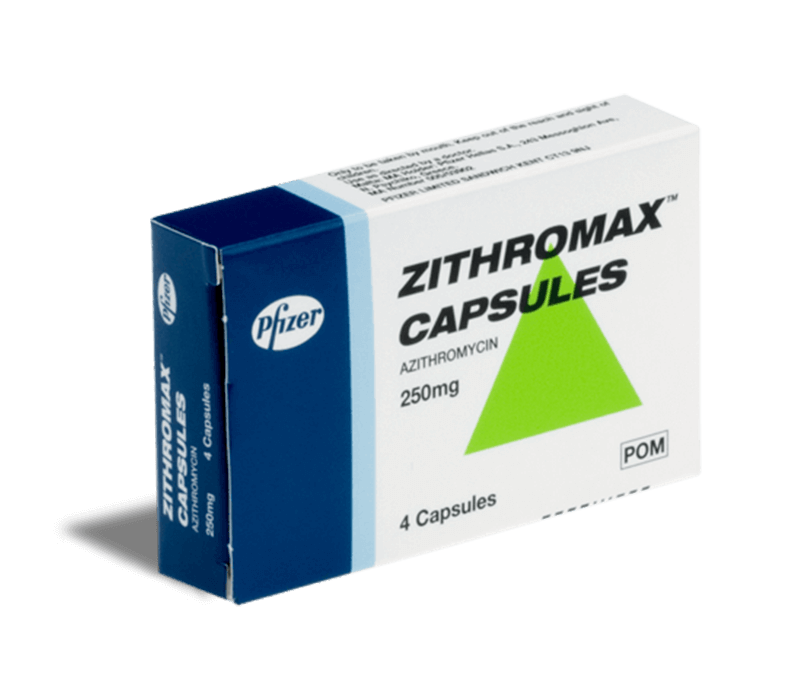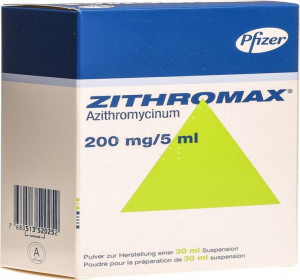Pain Relief, Prescription Medication
Naklofen Duo
-
 Get 10% discount on your next order. Order now to qualify.
Get 10% discount on your next order. Order now to qualify.
-
 Get 20% cashback on apple app store. Use code P056
Get 20% cashback on apple app store. Use code P056
DELIVERY & RETURNS
Free shipping offer on Pilldoctor and get exclusive offers.
Location
-

Door Delivery Fastest delivery to the door for only 2 days. Don't miss exclusive offer.
-

Pickup Station Fastest delivery to the door for only 2 days. Don't miss exclusive offer.
-

Return Policy Fastest delivery to the door for only 2 days. Don't miss exclusive offer.
Description
Naklofen Duo is a nonsteroidal anti-inflammatory drug (NSAID) used to treat pain and other symptoms of arthritis of the joints (eg, osteoarthritis), such as inflammation, swelling, stiffness, and joint pain. However, Naklofen Duo does not cure osteoarthritis and will help you only as long as you continue to use it.
Naklofen Duo topical 3% gel is also used to treat actinic keratosis, a skin problem that may become cancerous if not treated. The exact way that topical Naklofen Duo helps this condition is unknown.Naklofen Duo topical solution is used to treat pain and swelling caused by osteoarthritis of the knees.Naklofen Duo topical patch is used to treat acute pain caused by minor strains, sprains, and contusions (bruises).Naklofen Duo is available only with your doctor’s prescription.
Why it’s used
When not to use
Nonsteroidal Anti-inflammatory Drugs
How to use
Typical Dosage
Talk to Your Doctor
Use in Children
Avoid Alcohol
Storage
How to take Naklofen Duo
- age
- weight
- patient’s health
- response to the medicine
Naklofen Duo Dosage
Dosage for painful and stiff joints (osteoarthritis)
Adult
- Recommended: 100-150 mg/day in divided doses (50 mg twice or thrice a day or 75 mg twice a day)
Dosage for swollen and painful joints (rheumatoid arthritis)
Adult
- Recommended: 150-200 mg/day in divided doses (50 mg three or four times a day or 75 mg twice a day)
Dosage for inflammation of the spinal joints
Adult
- Recommended: 100-125 mg/day, taken as 25 mg four times a day, with an extra dose of 25-mg at bedtime if necessary
Minimum Age
Overdose
What to do if you overdose on Naklofen Duo?
Symptoms of an overdose of Naklofen Duo
- coma
- drowsiness
- fainting
- high blood pressure
- kidney failure
- lethargy
- nausea
- slow and ineffective breathing
- stomach and intestine bleeding
- upper abdomen pain (epigastric pain)
- vomiting
Precautions while using Naklofen Duo
- allergic-type reactions
- asthma
- heart disease
- heart surgery
- hives
- stomach and intestinal bleeding
- ulcer disease
Use when Pregnant
If Breastfeeding
If trying to Conceive
Alcohol
Seizures
Increase in Risk
Long-term Use
Common Side-effects
- abdominal pain
- anorexia
- diarrhea
- dizziness
- dyspepsia
- flatulence
- headache
- nausea
- rash
- vertigo
- vomiting
Infrequent and Rare Side-effects
- abnormal sensations in the body
- abnormal vision
- accidental injury
- angioneurotic swelling
- back pain
- blurred vision
- body odor
- chest pain
- confusion
- contact dermatitis
- decreased appetite
- diplopia
- disturbances of sensation
- drowsiness
- dry mouth
- ear pain
- eye pain
- feeling of discomfort
- gastroenteritis
- glossitis
- haematuria
- halitosis
- hives
- impotence
- insomnia
- irritability
- lethargy
- loss of hair
- loss of hearing
- melena
- muscle pain
- nightmare
- painful swelling and sores inside the mouth
- palpitation
- presence of protein in the urine
- pruritus
- purple or red discolored spots on the skin
- purple spotted allergic
- skin discoloration
- swelling
- taste disturbances
- tinnitus
- tiredness
- tremor
- visual disturbance
- weaken memory
- weakness
ide-effects in Older Adults
- kidney insufficiency
Mild Allergic Reactions
- asthma attack
- hives
Serious Allergic Reactions
- Stevens-Johnson Syndrome
- exfoliative dermatitis
- severe skin reaction
When should Naklofen Duo be not used?
Pain due to Heart Surgery
Allergic to Naklofen Duo, aspirin or other NSAIDs
- skin rash
- injury in the mucous membrane (mucosal lesions)
History of asthma and hives
Kidney Failure
Liver Failure
Stomach Ulcer
Heart and Brain Disease
Product Ratings
Highest Ratings
There are no reviews yet.

